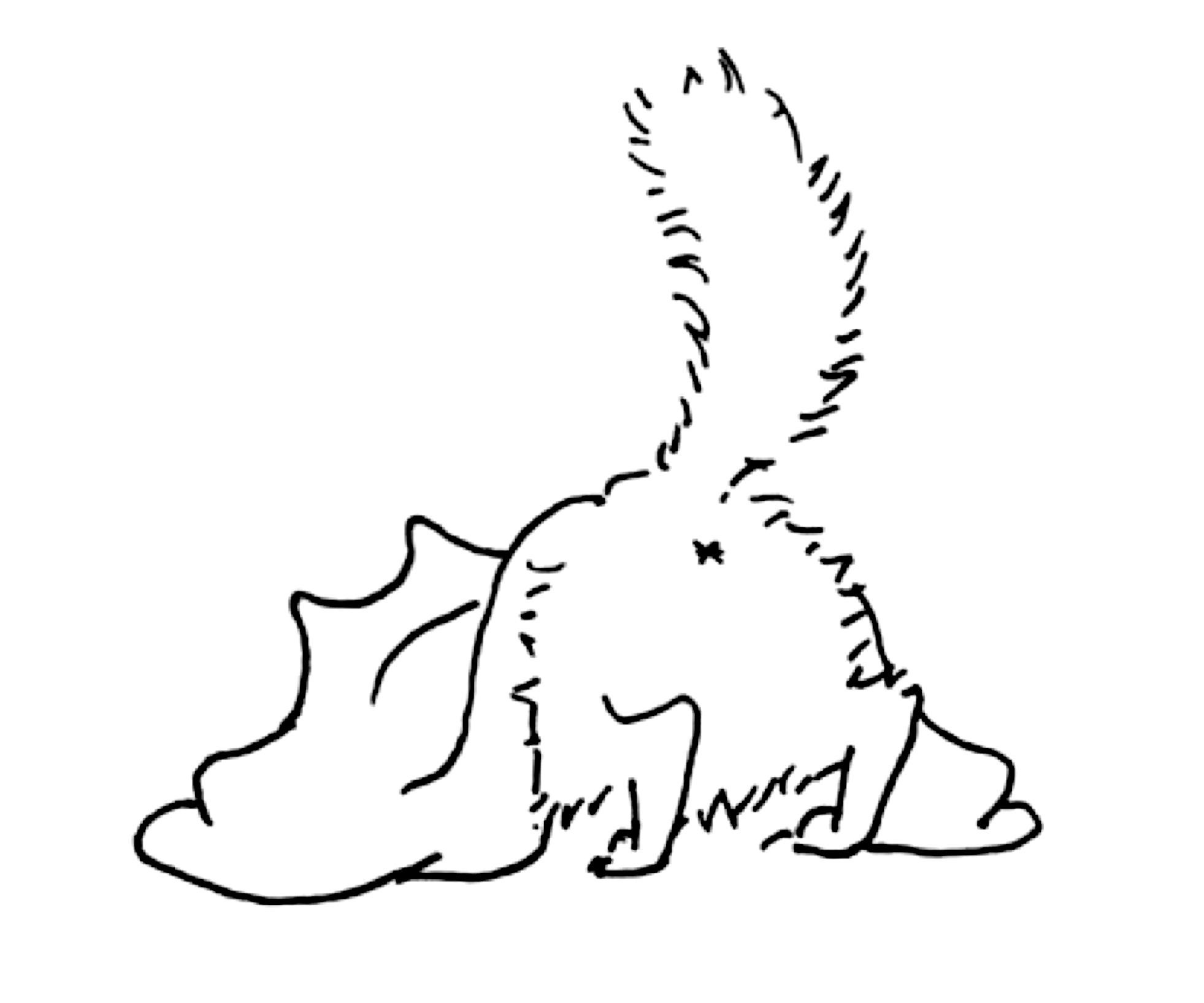
Matt Earnshaw + Thomas Holder
Categorical algebra and the theory of kinship: A Primer in mathematical anthropology
25-28 August
Kinship or the set of norms or rules that, in any given society, define the legitimate unions between the sexes and determine (in part) the status of the persons born of these unions (Godelier 1998, 2004) has traditionally occupied a central role in scientific anthropology. For structuralism, the subject provided a privileged testing ground for an ambitious project of a mathematics of man, resulting in a rich body of models originating mostly from an appendix to Lévi-Strauss' Les structures élémentaires de la parenté (1947) by the French mathematician André Weil. In this intervention, after providing the necessary background from algebra and anthropology (Parkin 1997, Stone 2013, Parkin & Stone 2004), we will review several mathematical approaches (Courrège 1965, Liu 1986, Barbosa 2010) to marriage systems and kinship terminology that rely on concepts from the algebraic theory of groups and monoids. Adopting ideas from Lawvere (1999) we then recast the algebraic models in the language of categories and toposes (Lawvere & Schanuel 1997, La Palme Reyes et al. 2004). This intervention intends to introduce important concepts of category theory "at work" against the background of suggestive material from elementary mathematical anthropology and aspires to be useful as appetizer for both subjects assuming only minimal requisites in mathematics or anthropology besides some curiosity.

*Back